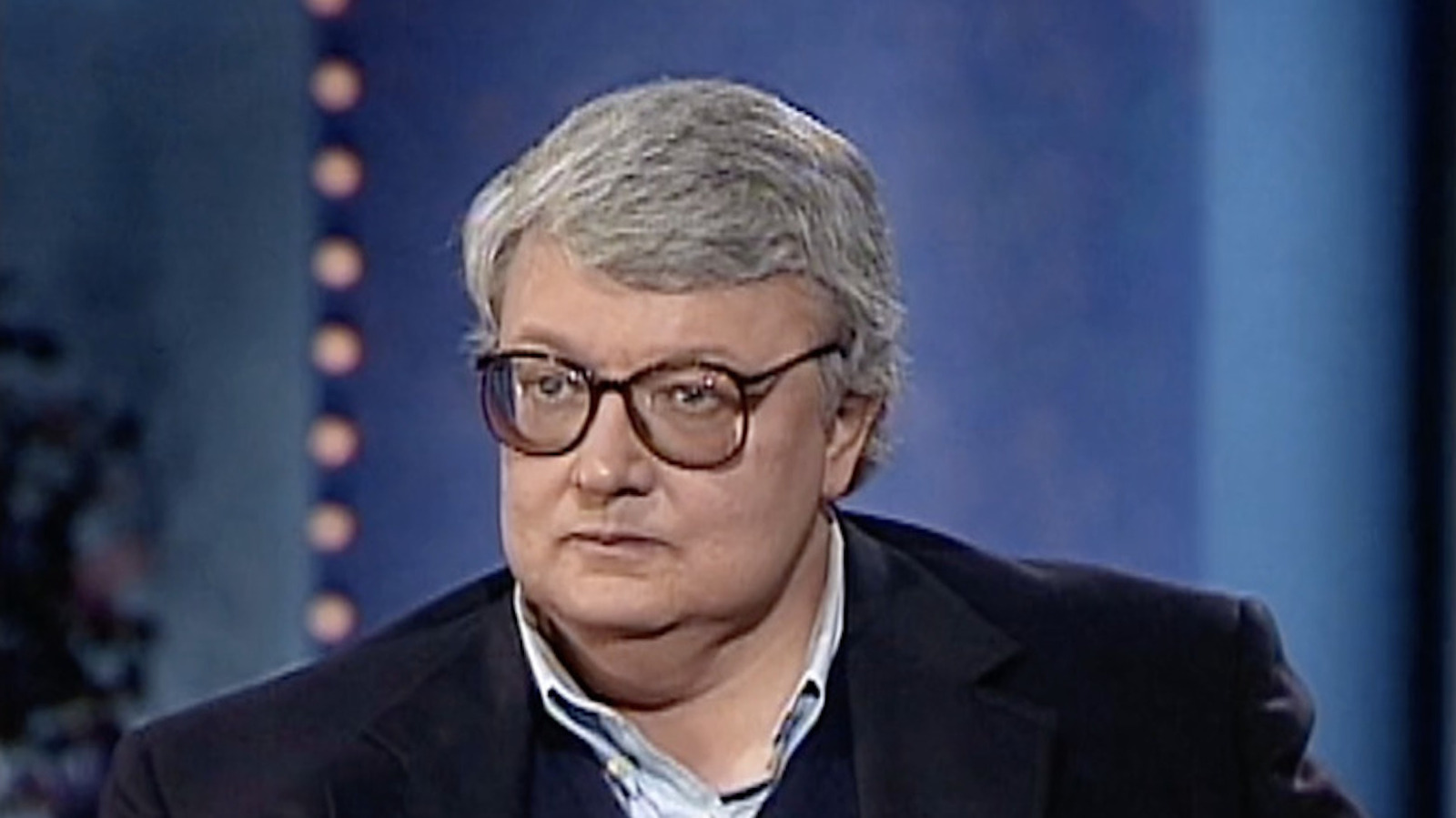
In nearly five decades of critiquing films for the Chicago Sun-Times, Roger Ebert was known for his clear, passionate insights, but he wasn’t shy about expressing his displeasure when a film failed to meet his standards. His spirited exchanges with Gene Siskel on their iconic review show “At the Movies” often showcased Ebert’s ability to dish out scathing critiques when he felt his time had been wasted or his intelligence insulted. He was particularly vocal in his disdain for the slasher films of the 1980s and even went so far as to deliver a notorious one-star review of “Fast Times at Ridgemont High,” lamenting what he perceived as a disservice to actress Jennifer Jason Leigh. Filmmakers sometimes took their revenge by crafting unflattering characters that bore Ebert’s name, such as the dreadful Eborsisk in “Willow,” a not-so-flattering nod to both Ebert and Siskel.
It’s not surprising that any critic watching over 200 films a year might occasionally blow off steam. Ebert, like many in his profession, had a habit of expressing his frustration, and his candid reviews could either resonate with readers or provoke them. While I hold great admiration for Ebert as both a writer and thinker, I believe he did the film criticism community a disservice when he dismissed David Lynch’s “Blue Velvet” as unworthy. He even accused Lynch of being emotionally manipulative with his actors, including Isabella Rossellini. Despite the film’s challenging nature, Ebert’s harsh assessment seemed out of line—how could he fully grasp the director’s and actress’s experiences? His unwavering stance after conversing with Lynch at the New York Film Festival only underscored this misjudgment.
This situation reflects a common aspect of film criticism: as one accumulates experience, certain films evoke strong reactions that diverge from mainstream consensus. It’s often a jarring experience to walk out of an acclaimed film and feel completely out of sync with the world, making it refreshing to read a review that articulates your own bafflement. One such instance was Ebert’s critique of “The Usual Suspects.”
When “The Usual Suspects” premiered on August 16, 1995, it quickly garnered praise from a multitude of critics, especially following a dismal summer of uninspired mainstream films. Reviewers were thrilled by a well-crafted thriller that challenged their intellect, praising the performances and the film’s shocking ending. However, Ebert was not impressed. In his one-and-a-half-star review, he declared that upon a second viewing, the film felt more like a hollow sleight of hand. He criticized the narrative for not holding together while concluding with a frustrated assertion: “To the degree that I do understand, I do not care.”
Ebert expressed a desire to be captivated by characters’ motivations rather than mere manipulation. His discontent didn’t stem from the unlikable nature of the characters; often, the best film noir features morally ambiguous protagonists. Rather, it was the storytelling technique, centered around Kevin Spacey’s Verbal Kint—essentially an unreliable narrator—that frustrated him. Ebert successfully identified the Oscar-winning screenplay by Christopher McQuarrie as less a complete film and more a clever exercise. He added the final, damning touch to his critique with the closing line of his review, suggesting that what audiences would ultimately seek from the film was the surprise twist, concluding, “except to say that the ‘solution,’ when it comes, solves little—unless there is really little to solve, which is also a possibility.”



